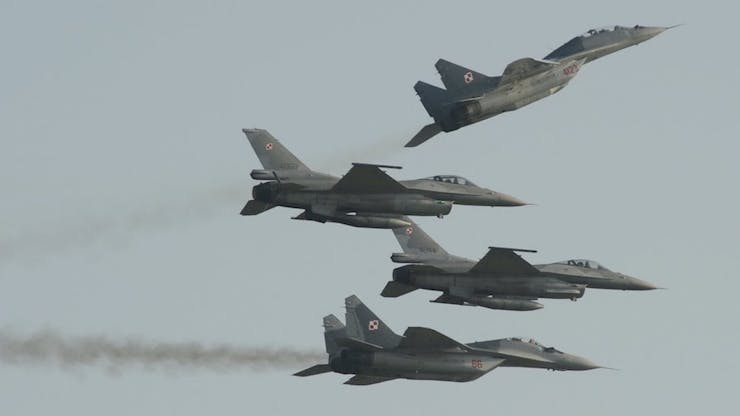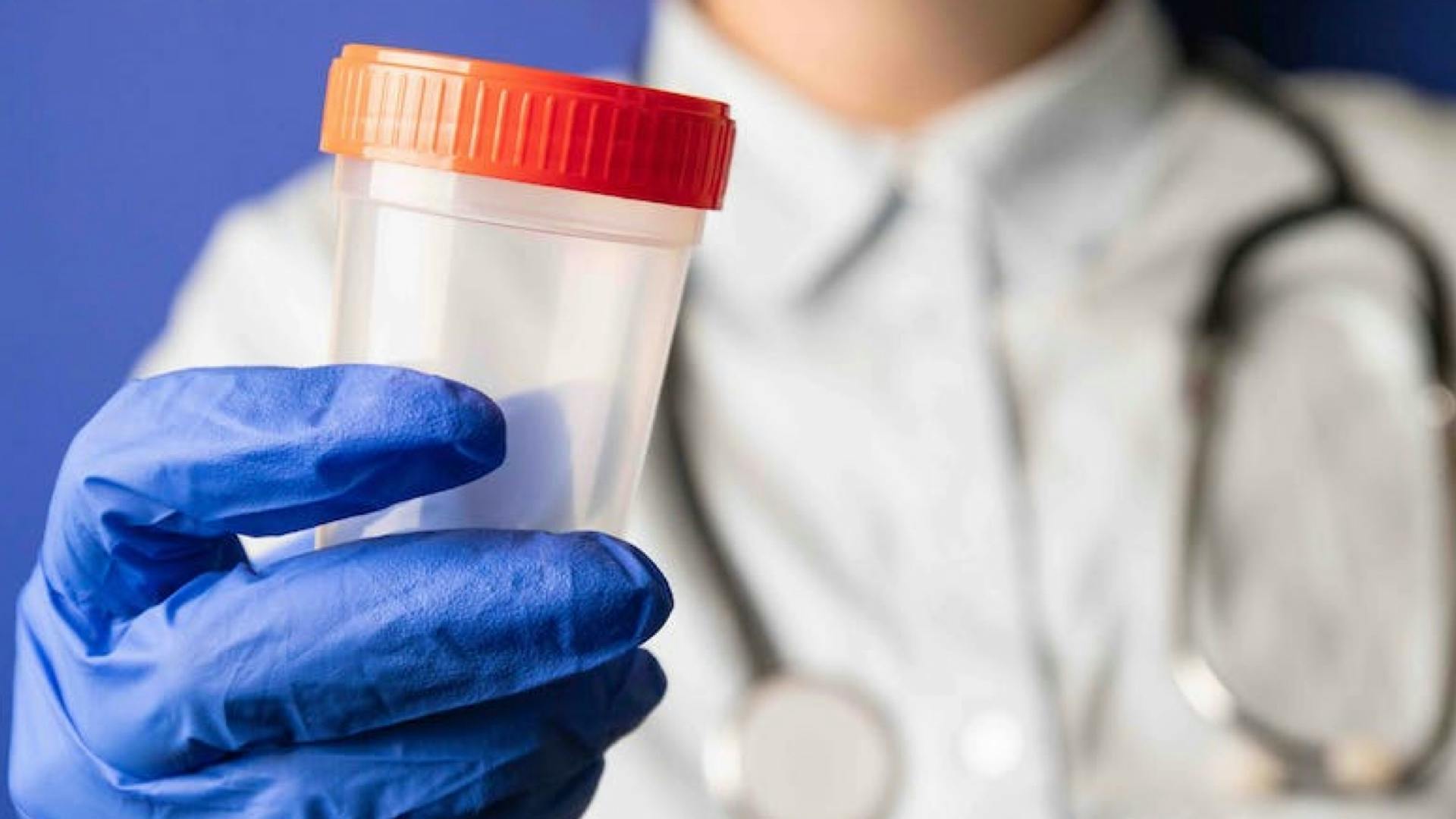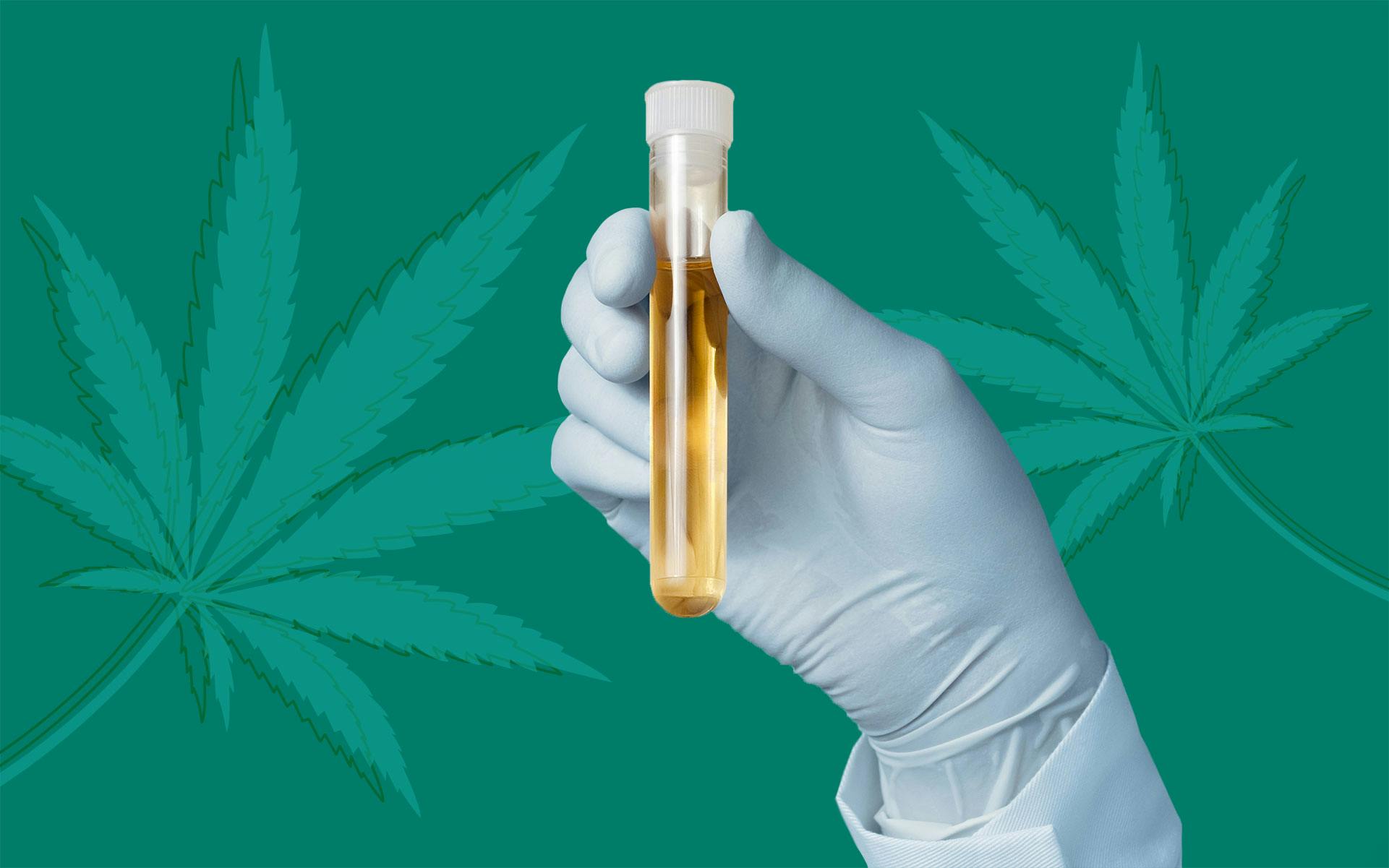Failed cannabis screenings will no longer disqualify Air Force or Space Force members. With enlistment down across the armed services, will other branches permanently drop their ban on trees?
The U.S. military is struggling to recruit new members. So much so that some military branches are seemingly rethinking their broad exclusion of applicants who test positive for THC.
On September 24, the Air Force, Space Force, Air Force Reserve, and Air National Guard announced a two-year pilot program that will allow some applicants who test positive for THC to retest after 90 days. The waiver is effective immediately and is only available to high-performing recruits.
The criteria includes a score of 50 or above on the Armed Forces Qualification Test, no major moral violations, a high school diploma, and an otherwise clear medical qualification, according to a Military.com report.
“The pilot program offers some prospective applicants an opportunity to retest after 90 days if they are granted a waiver. If those who have been granted a waiver pass a second test, candidates will be allowed to enlist.”
Ann Stefanek, Department of the Air Force spokeswoman
Department of the Air Force spokeswoman Ann Stefanek told Military.com via email, “If those who have been granted a waiver pass a second test, candidates will be allowed to enlist.” Previous Air Force policy excluded any recruit with a positive THC result from a Military Entrance Processing Station (MEPS).
The armed forces are facing their “most difficult recruiting environment in decades,” according to military officials and lawmakers. Army enlistment fell nearly 25% (15,000 soldiers) short of the recruitment goal this year, officials announced last week. All branches of service are scrambling to fill the gap in young people who are willing and fit to enlist. Although the Army was the only branch that failed to meet its target, every other service had to settle for delayed entry applicants to meet their quotas.
“The Army has to recognize that there’s been an evolution in that young population. And if you’re going to target that young population for service, you’ve got to make it appealing to them.”
U.S. Rep. Jackie Speier, D-Calif, chair of the Subcommittee on Military Personnel
This pilot program is one of a variety of new paths for previously disqualified applicants to enter the military ranks. If applicants test negative for THC 90 days later and enlist, “they must adhere to the Uniform Code of Military Justice and DAF policy which prohibit drug use,” Stefanek added.

The military generally has a zero-tolerance approach for controlled substances like cocaine, heroin, and methamphetamines. But recently, many branches including the Army and the Navy have begun issuing waivers for some cannabis users as a result of widespread popularity and legalization.
Only 11 states still prohibit all forms of the plant: Idaho, Indiana, Kansas, Kentucky, Nebraska, North Carolina, South Carolina, Tennessee, Texas, Wisconsin and Wyoming. But more than 50% of new recruits hail from states where cannabis is now legal for medical or adult use, according to a 2021 study by Rand Corp, a military think tank.
Stefanek added that the Air Force might adopt the pilot program as a permanent policy change for recruitment and assessment.
Loosening the ban on THC may give enlistment a boost heading into the fresh recruiting year, which started on October 1. According to a Gallup poll from August, 16% of Americans say they currently smoke cannabis, while a historic low of 11% of U.S. adults say they smoke cigarettes.









